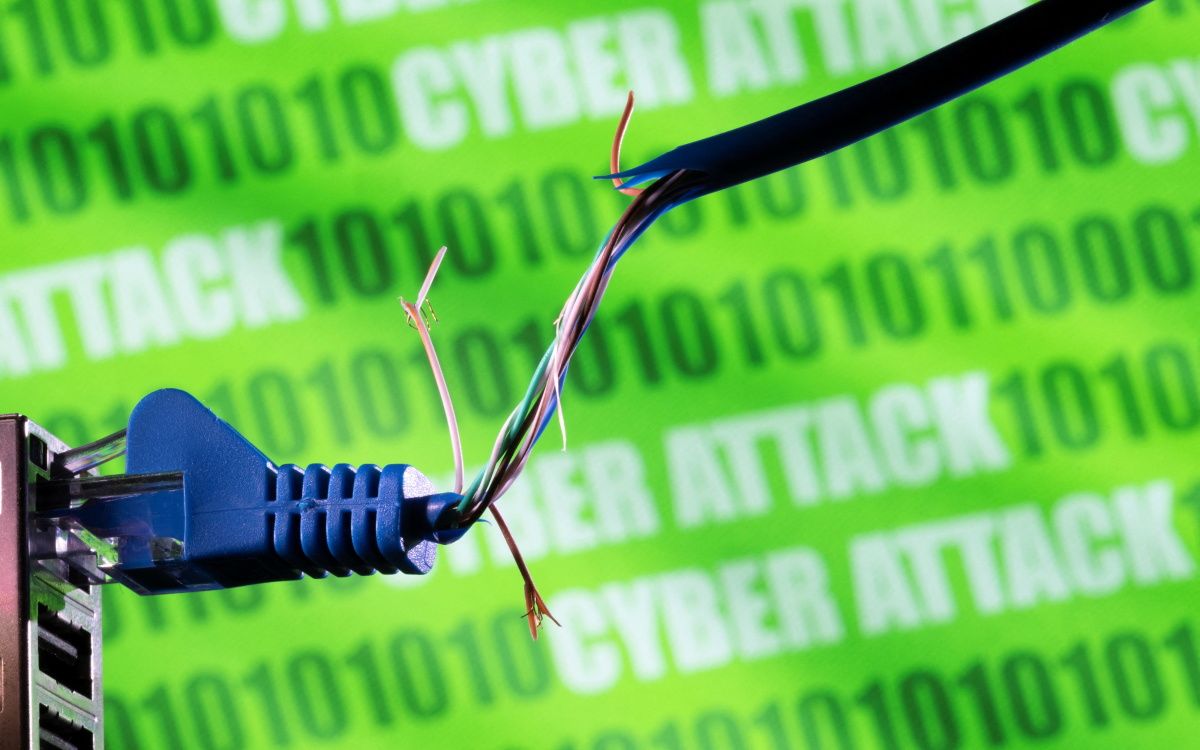Change Healthcare has revealed that the recent cybersecurity attack affecting pharmacies and health systems in the U.S. is linked to the Russian-based ransomware group Blackcat. This attack has caused widespread disruptions, highlighting the increasing threat posed by cybercriminals to critical infrastructure and sensitive healthcare data.
Change Healthcare has responded to the breach by assembling a team of experts to address the issue and is working closely with law enforcement agencies and leading third-party consultants. The company is actively assessing the impact of the attack on members, patients, and customers, as it strives to minimize the damage caused.
Tyler Mason, vice president at UnitedHealth, stated that the cyberattack seems to be limited to the Change Healthcare division, and the company’s investigation has not indicated any impact on UnitedHealthcare, Optum, or UnitedHealth Group systems.
Teaming up with cybersecurity firms Mandiant and Palo Alto Networks, Change Healthcare is implementing robust defense mechanisms to combat the cyber threat and protect sensitive information. However, the scale of the breach, which has already resulted in the extraction of six terabytes of data, including medical records and payment information, presents significant challenges to containment efforts.
The cyberattack, carried out by Blackcat, demonstrates the sophisticated tactics used by ransomware groups to extort organizations and compromise data security. Blackcat is known for stealing sensitive data and threatening to publish it unless a ransom is paid, leading to substantial financial losses for numerous institutions in the U.S. and globally.
The attack on Change Healthcare’s systems, discovered on February 21, prompted immediate action from parent company UnitedHealth Group. Suspecting a nation-state-associated cyber threat actor behind the breach, UnitedHealth Group promptly isolated and disconnected affected systems to mitigate further damage.
John Riggi, national advisor for cybersecurity and risk at the American Hospital Association, emphasized the extensive implications of cyberattacks on the healthcare sector, including immediate harm to patients and disruptions to critical care services.
The ongoing cyberattack has rendered Change Healthcare’s systems offline for nine consecutive days, raising questions about the timeline for restoration. While efforts are underway to contain and address the incident, the full extent of the damage and the duration of the disruption remain unknown.
In response to the attack, the U.S. State Department has announced rewards of up to $10 million for information leading to the arrest and conviction of individuals involved in Blackcat ransomware attacks.
As healthcare organizations grapple with the aftermath of cyberattacks, the need to upgrade cybersecurity measures and enhance resilience against evolving threats becomes increasingly critical.
Cybercrime
Healthcare
U.S.
2024-03-03 21:00:03
Post from www.ibtimes.com
